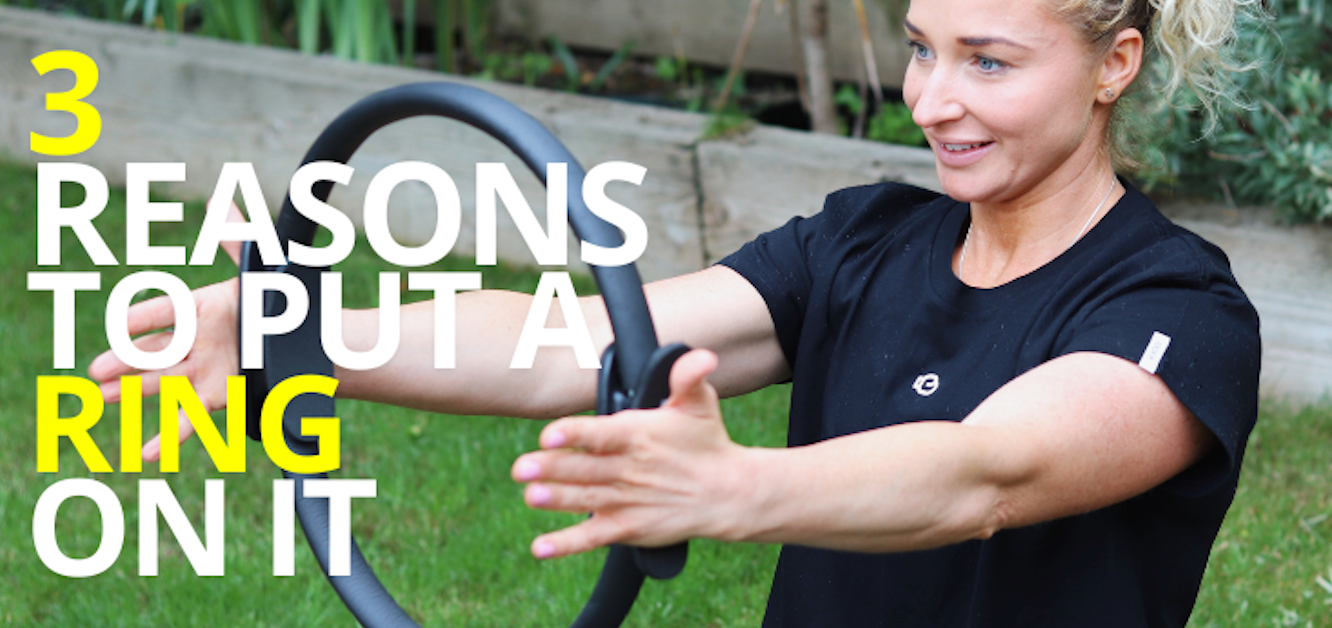“If exercise could be packaged in a pill, it would be the single most widely prescribed and beneficial medicine”. This quote by Dr Robert Butler sums up the many positive benefits regular exercise has on our physical, social, and psychological health and wellbeing. While you might be familiar with the physical benefits, what exactly are some of the psychological benefits of exercise?
At a biochemical level, when we exercise regularly we bathe our brain in ‘feel good’ chemicals, like serotonin and dopamine.
Serotonin in particular helps us to regulate or stabilise our mood. And dopamine (our ‘happy hormone’) creates a motivation cycle – when we exercise we feel good due to this increase in dopamine, which encourages us to exercise again.
While important for everyone, this can be particularly important for those experiencing mild to moderate depression and various mental illnesses, with high-level research showing beneficial effects of exercise on mental illness symptoms (ref. 1, 2).
Additionally, after an exercise session we can experience lower stress levels, through the lowering of the stress hormone, cortisol. And in a complimentary manner, exercise can also increase our ‘stress buffers’ within the brain, in turn enabling us to cope better with stress.
Regular exercise also promotes our alertness, whereby after exercise sessions various brain functions such as memory, concentration, and learning improve. Another common effect is to experience better sleep with a regular exercise routine. With sleep improvements, we can experience even greater concentration and memory improvements, as well as improved mental clarity and focus, and consistent energy levels throughout our day.
More generally, regular exercise can instil a sense of accomplishment and mastery. Setting up and maintaining an exercise structure and routine can be difficult to balance with all of our other commitments. And while it can feel like an effort sometimes to wake up on time and get the workout in, these repeat efforts instil in us that we can do hard things (even when we are met with challenges or don’t feel motivated!). This sense of mastery can overflow into other areas of our life, giving us the confidence to do hard things in hard times!
Lastly, regular exercise can decrease social isolation. Isolation can lead to a sense of loneliness, which has huge consequences on both our mental and physical health (ref. 3, 4). Exercising with others can be a great way to form connections and increase our sense of belonging.
If you’re not already part of the BoxxFam, we encourage you to start your free 30 day trial today and start working out with other Boxxers all over the world.
References:
1. Rebar, A. L., Stanton, R., Geard, D., Short, C., Duncan, M. J., & Vandelanotte, C. (2015). A meta-meta-analysis of the effect of physical activity on depression and anxiety in non-clinical adult populations. Health Psychology Review, 9(3), 366- 378. https://doi.org/10.1080/17437199.2015.1022901
2. Rosenbaum, S., Tiedemann, A., Sherrington, C., Curtis, J., & Ward, P. B. (2014). Physical activity interventions for people with mental illness: A systematic review and meta-analysis. The Journal of Clinical Psychiatry, 75(9), 964-974. https://doi.org/10.4088/JCP.13r08765
3. Cacioppo, J. T., Hughes, M. E., Waite, L. J., Hawkley, L. C., & Thisted, R. A. (2006). Loneliness as a specific risk factor for depressive symptoms: Cross-sectional and longitudinal analyses. Psychology and Aging, 21(1), 140 –151. http://dx.doi.org/10.1037/0882-7974.21.1.140
4. Cacioppo, J. T., Hawkley, L. C., Crawford, L. E., Ernst, J. M., Burleson, M. H., Kowalewski, R. B.,… Berntson, G. G. (2002). Loneliness and health: Potential mechanisms. Psychosomatic Medicine, 64(3), 407– 417. http://dx.doi.org/10.1097/00006842-200205000-00005



